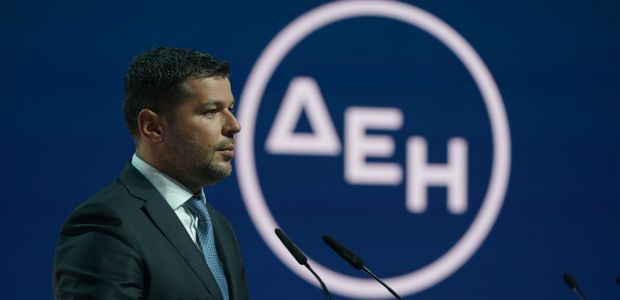Power utility PPC chief executive Giorgos Stassis, in an interview with Greek daily Kathimerini, has called for a swift end to RES investor support through auctions, offering fixed tariffs, noting that green energy investors, like all energy players, must operate under new market conditions to be shaped by the target model, scheduled for a November 1 launch.
The energy ministry is preparing to submit, within the next few days, its finalized proposal to the European Commission on a new framework concerning RES auctions.
In the interview, the PPC chief, indicating that the RES sector is now fully competitive, contemplates the extent of the transition period that could be needed by green energy investors in the shift from auction tariffs to the free market; and PV and solar capacity quantities that should be offered for new projects through RES auctions from 2021 onward.
RES investors and officials essentially agree that the renewable energy sector is now a fully competitive market, but details such as the aforementioned remain unresolved.
It remains unclear for how much longer RES producers should keep securing tariffs through RES auctions staged by RAE, the Regulatory Authority for Energy, and what the total capacity to be offered through this remainder of auctions should be.
In the most recent RES auction, last July, investor bidding levels for PV tariffs dropped to as low as roughly 45 euros per MWh, clearly indicating bid price levels will descend further as RES technology advances and lowers production costs.
Critics favoring an extended transition period for RES auctions contend that PPC, like all other vertically integrated energy groups, would benefit from a swifter end to RES auctions, offering tariff security over 20-year periods, as this development will lead to two-way agreements within the group.
At PPC, for example, the parent company will be able to secure a wider profit margin by purchasing PV-generated electricity from subsidiary PPC Renewables rather than through the wider market.





